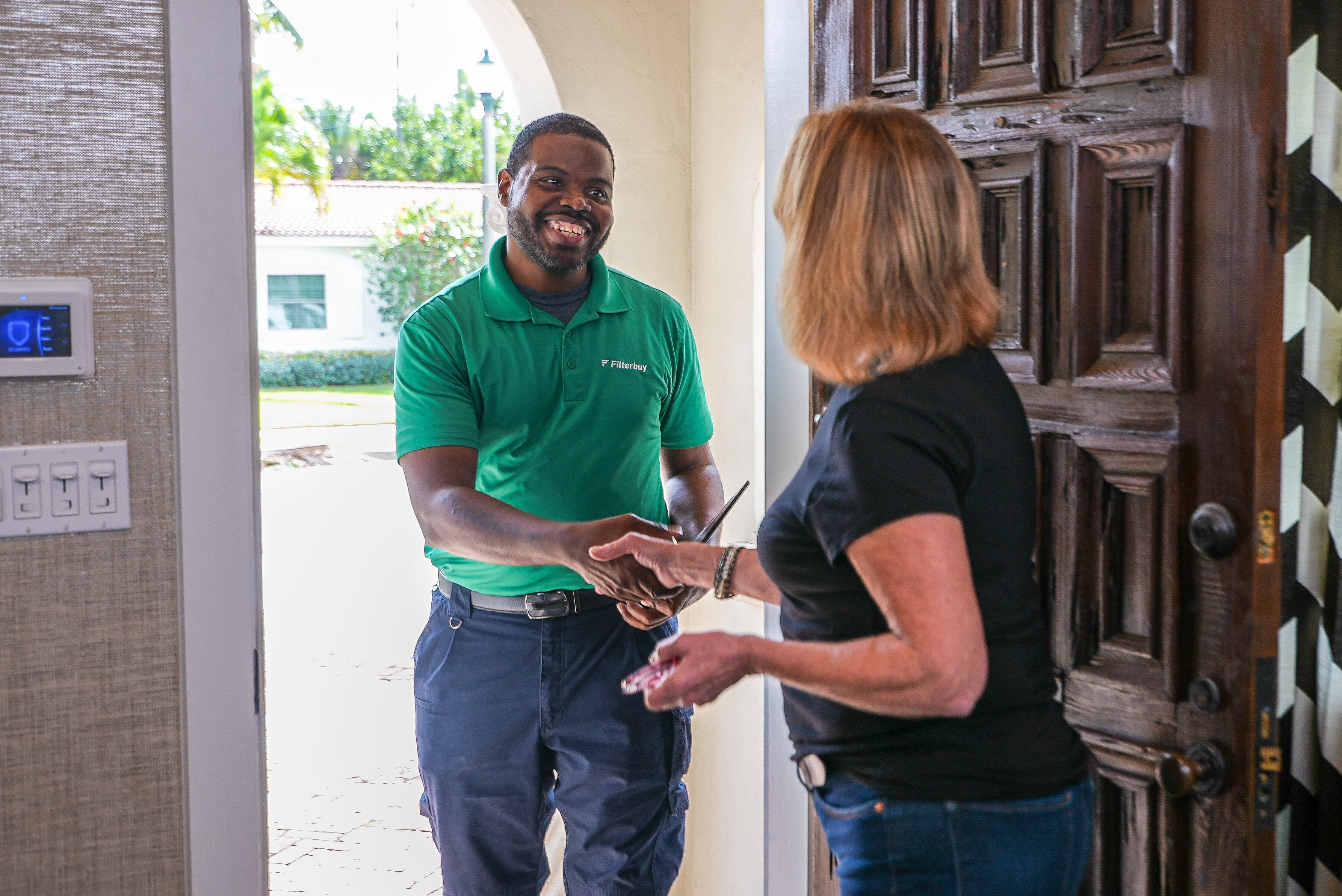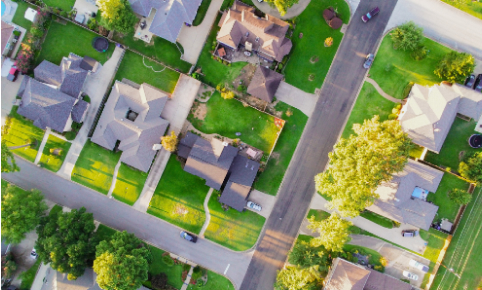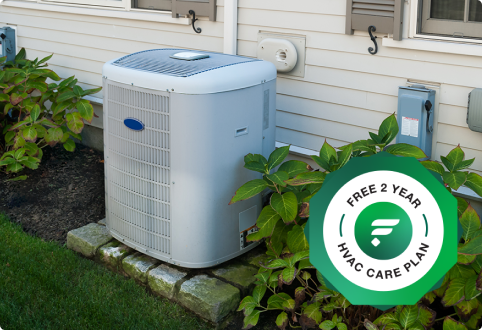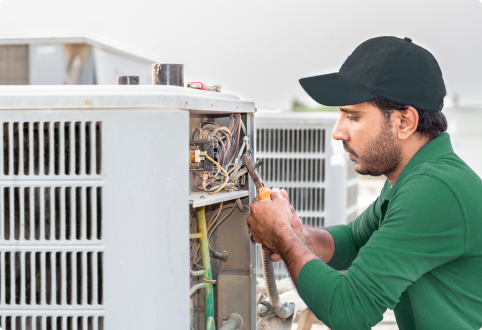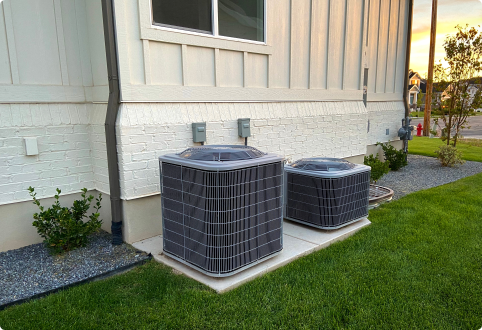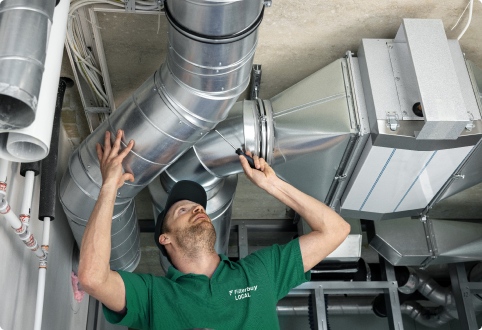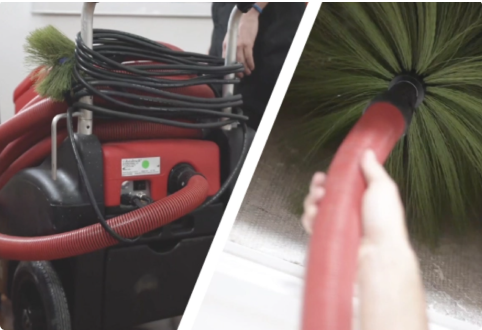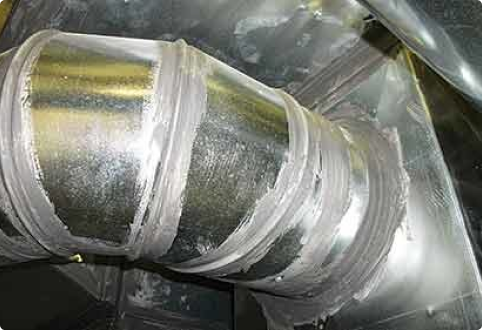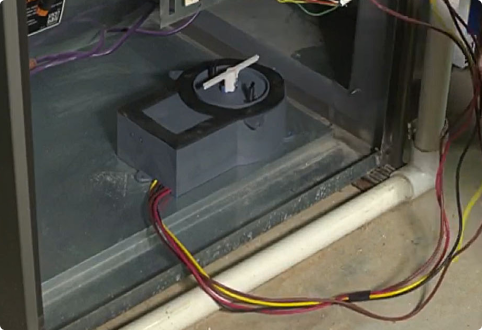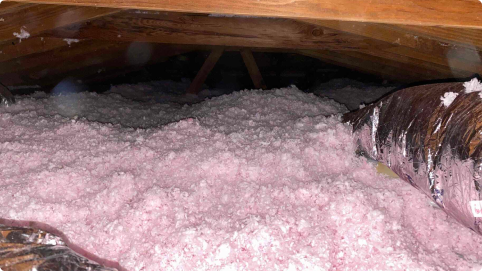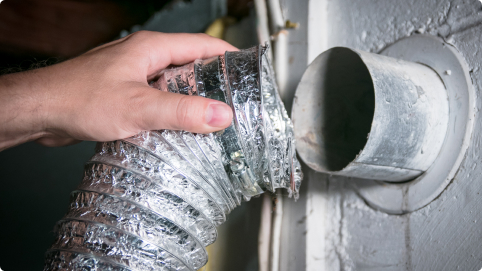Welcome to Filterbuy Local, offering the best HVAC system tune-up service specials and proudly serving in and near the greater Plantation, FL area. Please let us know how we can help solve your Plantation HVAC system tune-up needs with professional, affordable, and fast residential and commercial HVAC services by getting a free online quote or by giving our friendly HVAC specialists a call. We look forward to hearing from you!
How to Get HVAC Tune-Up Specials in Plantation FL
To find HVAC tune-up specials in Plantation, FL, check local HVAC websites and social media for promotions. Loyalty programs give discounts and priority services. Sign up for online offers to get deals and maintenance tips.
Visit Filterbuy HVAC Solutions’ website for exclusive offers and tips. Check online subscriptions to maximize savings.
Key Takeaways
■ To find HVAC tune-up specials in Plantation, FL, check local HVAC websites where seasonal promotions appear.
■ Engage with these businesses by joining their HVAC plans which offer ongoing deals and priority service.
■ Newsletter subscriptions are another way to receive exclusive discounts and get early access to promotions.
■ Stay connected on social media platforms by following Filterbuy for personalized offers and expert guidance.
■ Additionally, browse online coupon sites for discount codes and subscribe for notifications about new deals.
Why wait to save on HVAC tune-ups in Plantation FL when deals are available? Local HVAC services like Filterbuy HVAC Solutions offer exclusive deals. By following them via social media or newsletters, you stay updated on limited promotions and discounts.
Connecting with local HVAC specialists offers the advantage of their expertise in Plantation's unique climate. They provide tailored advice to keep your HVAC running efficiently and address area-specific issues.
Engaging with local HVAC services helps you assess their reputation through customer feedback. By following them, you can quickly take advantage of great tune-up deals as they arise.
Filterbuy HVAC Solutions Care Plan
Signing up for HVAC plans is a good way to get tune-up deals. They give discounts on inspections, cleanings, and repairs.
Availing these plans often gets priority service, ensuring faster responses during busy seasons. In Plantation, FL, where reliable HVAC is crucial year-round, some programs also offer bonus services adding extra value.
Here are the available care plans from Filterbuy HVAC Solutions:
■ Basic Plan
This plan is right for you if you are seeking a reliable HVAC system.
■ Essential Plan (our most popular!)
Get this if you are looking for reliable sanitation and cleanings.
■ Performance Plan
If you are seeking the top level of care, this is perfect for you. This includes proactive replacement of parts and regular cleanings.
Stay informed and know more about these HVAC care plans.
Sign Up for Newsletters
Subscribing to newsletters is an easy way to get HVAC tune-up services in Plantation FL. You'll receive updates on promotions for you. Here's why it's beneficial:
1. Unique Savings: Filterbuy HVAC Solutions offers exclusive discounts through newsletters, helping you save on HVAC maintenance.
2. Advance Alerts: Early access to promotions lets you schedule tune-ups before spots fill up, avoiding the last-minute rush.
3. Informative Tips: Newsletters often offer tips on HVAC care, boosting efficiency, and lowering energy costs, which helps extend your system's lifespan.
Use Online Subscriptions
Online coupon platforms are a quick way to find HVAC tune-up deals and discount codes, saving you both time and money. Here’s how to use them effectively:
1. Subscribe to Alerts: Many sites offer subscription notifications, so you'll be alerted when new HVAC tune-up deals are available, keeping you updated.
2. Compare Different Sites: Check multiple coupon platforms to compare discounts and maximize savings, as each may offer unique or exclusive deals.
3. Note Expiration Dates: Always check the expiration dates on discount codes to avoid finding out a great offer has expired.
Why Filterbuy is the Best Choice for HVAC Tune-Ups
Your Trusted Choice for AC Maintenance
You need a service provider you can trust. This keeps your HVAC running at peak performance. Filterbuy HVAC Solutions is your go-to choice for reliable and thorough AC maintenance.
The Indoor Air Experts
As North America’s largest air filter manufacturer, clean air is our specialty. We understand the role of clean air in your homes. Our expertise in air filtration extends to our AC tune-up services. We ensure your system not only runs well. But also contributes to the highest indoor air quality possible.
Highly Trained Technicians
Filterbuy HVAC Solutions have skilled and certified technicians. Our team is equipped to provide expert service with comprehensive training and years of hands-on experience. Our technicians deliver quality work with precision and care. Whether it’s a routine check or a more complex issue.
Guaranteed and Upfront Pricing
We are transparent and honest that’s why we offer upfront pricing. Guaranteed on all our AC tune-up services. There are no hidden fees. Just clear communication and quality service that meets your expectations.
Local Expertise
We are a family owned and second generation company. We are committed to serving our Southeast Florida neighbors. We understand the unique challenges with the local climate and the specific needs of your home’s AC. Our local expertise allows us to provide tailored solutions that prioritize your comfort and ensure your system is ready to handle the Florida heat.
Frequently Asked Questions
How much does it cost to replace an HVAC system in Florida?
Replacing an HVAC system in Florida can cost in the range of $4,500 to $15,000. Depending on size, brand, and how sophisticated the installation is.
How much is a tune-up on an AC unit?
The actual cost to tune up an AC unit can vary quite significantly depending on region, system complexity, and of course, which company. The standard rate a homeowner may be quoted to tune up a typical AC unit is anywhere between $75 and $200 depending on the situation.
What is the most expensive part of an HVAC unit?
The most important and costliest part of an HVAC unit is its compressor. It costs several thousand dollars to replace.
What is included in HVAC Tune-Up?
An HVAC tune-up would offer a comprehensive check of inspection and maintenance to ensure it's running at an efficient level. It involves anything from checking/replacing air filters to checking/cleaning condenser and evaporator coils, electrical connections, lubrication of moving parts, and verifying accuracy in thermostats.
What is the average life of an HVAC system in Florida?
Due to the humid weather and heavy usage of Florida, the average life is estimated at around 10 to 15 years.
How often should a home have its HVAC system replaced?
Replacing the HVAC system every 10 to 15 years. Depending on the efficiency of the HVAC and its maintenance record is general.
How long does an HVAC tune-up take?
This takes about one to two hours depending on how bad the system is and if additional services are required.
What is included in a tune-up cost?
The cost of a tune-up generally includes an inspection, cleaning, minor repairs, lubrication of moving parts, and a check of the system's performance.
How much should an AC recharge cost?
The estimate for an AC recharge may be anywhere between $150 to $500. Depending on the type of refrigerant and amount needed.
Why are HVAC techs so expensive?
HVAC technicians are expensive due to the expertise and certification they carry in order to complete a job both safely and correctly. Tools, equipment, insurance, and diagnosing and repairing systems add to their fee altogether.
Are HVAC quotes negotiable?
Most HVAC estimates have room for negotiation. Mainly if you collect several and are willing to haggle with the price with the service provider.
Does the brand of your HVAC unit matter?
Yes, a brand can affect the unit's reliability, efficiency, and parts and service availability.
Here is the nearest branch location serving the Plantation area…
Filterbuy HVAC Solutions - Weston FL
2573 Mayfair Ln, Weston, FL 33327
(754) 296-3528
https://maps.app.goo.gl/E3tjmKf5VSWYghGc7

.webp)
.webp)
.webp)
.webp)






